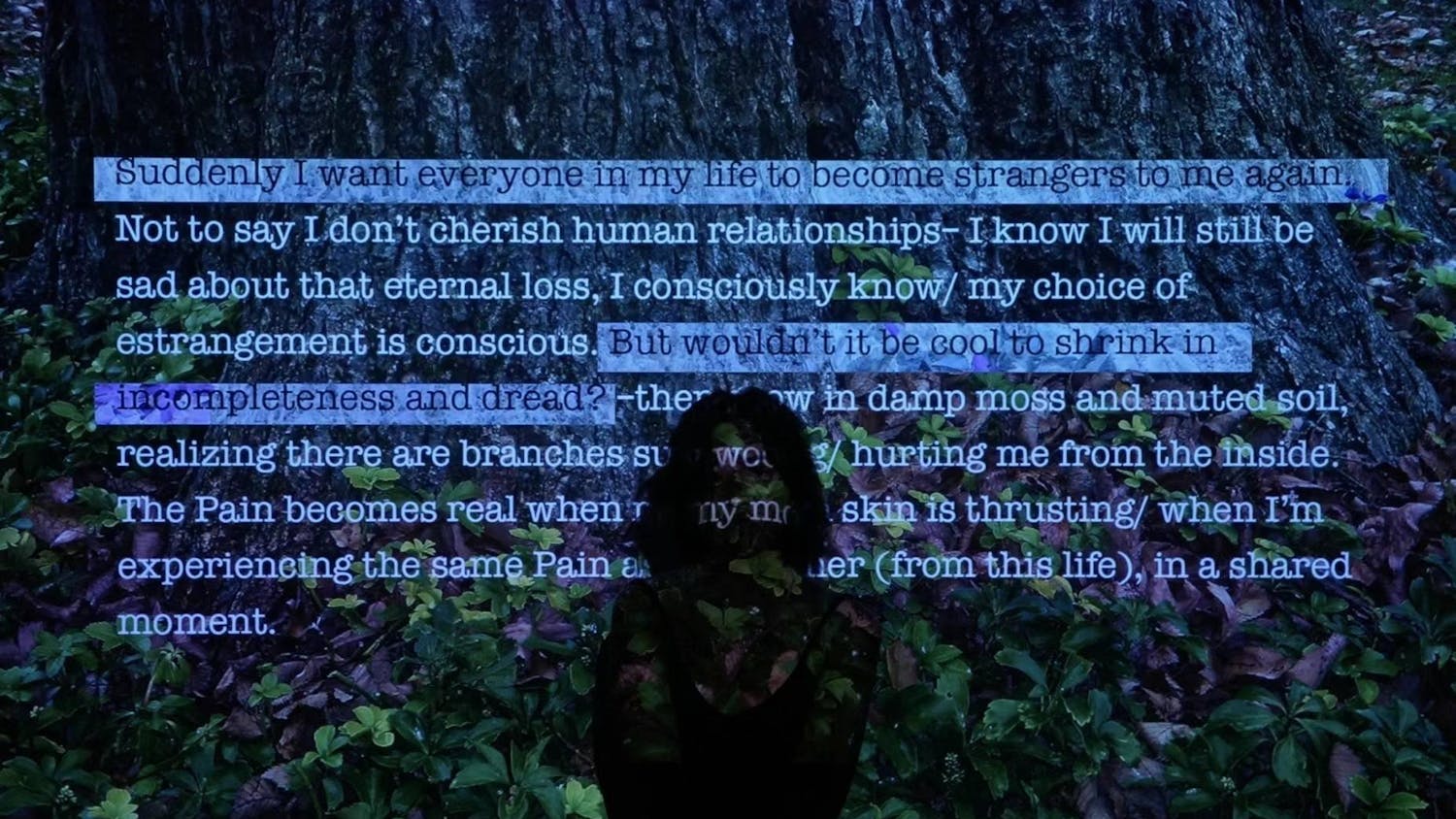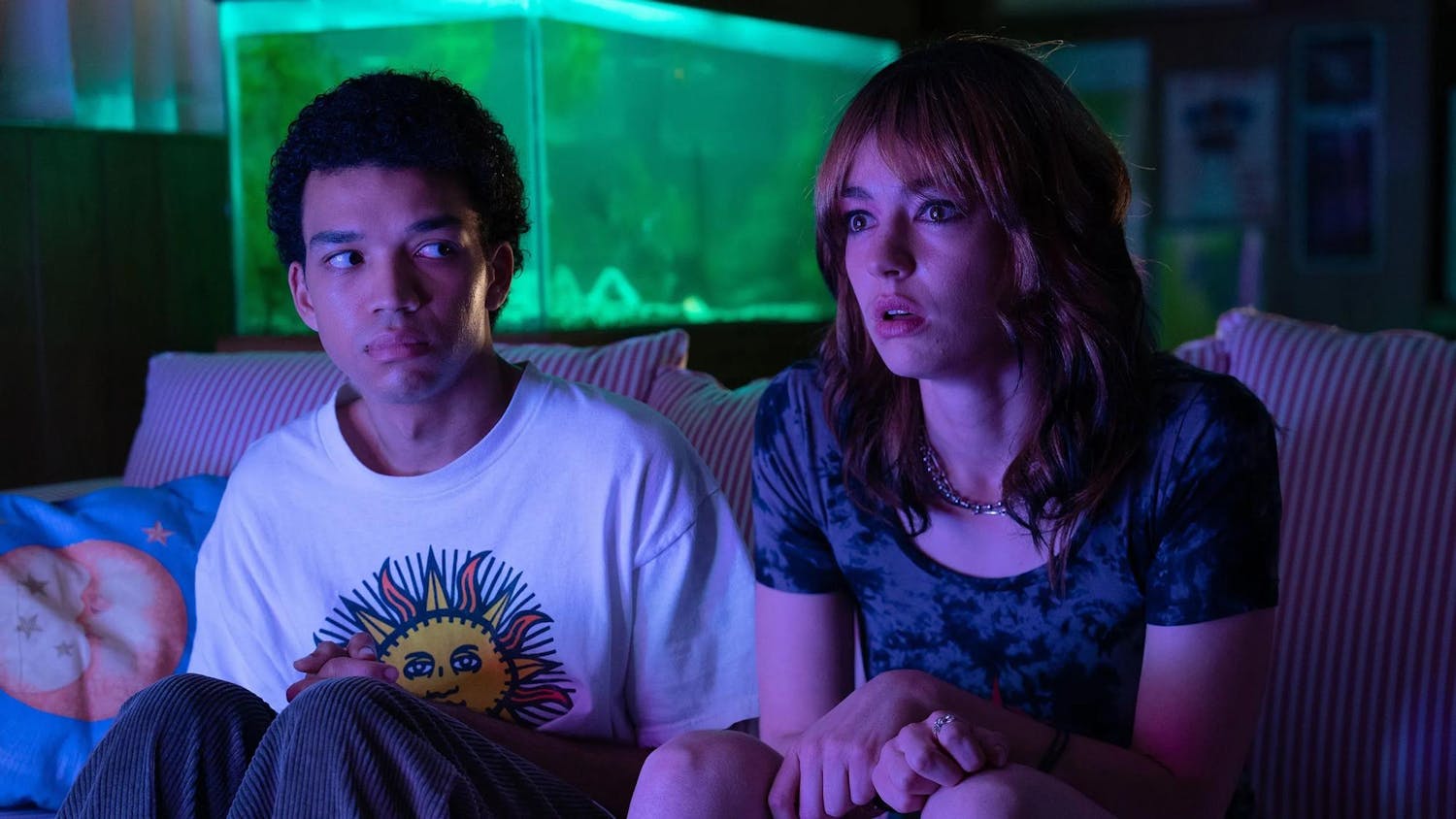Chronicling The Beatles’ rise to stardom from meager beginnings in Liverpool in the late 1950s, Ron Howard’s documentary “The Beatles: Eight Days a Week — The Touring Years” captures the adolescent camaraderie and easygoing spirit of the band and its wild international popularity during times of political and social turmoil. “Eight Days a Week” follows John Lennon, Paul McCartney, George Harrison and Ringo Starr across the globe from Hamburg to their final impromptu rooftop performance in London Jan. 30, 1969. Starr and McCartney, the two living members of the band, recount the history of their experience as if it were “Yesterday.”
The documentary charts the band’s rise by focusing on the production and performances of every album. It starts with early successes like “Meet the Beatles!” and “A Hard Day’s Night” and progresses to the later, more experimental years of “Rubber Soul,” “Yesterday … And Today” and “Sgt. Pepper’s Lonely Hearts Club Band.” Audience members become invested in “Eight Days a Week,” as it captures both the years of Beatlemania and the frustrations and growing aura of monotony preceding the group’s demise.
The film incorporates colorized black and white photos and clips of rehearsals and hotel shenanigans to inspire a more modern and intimate appreciation for the classic English rock group. Retouched interview snippets woven throughout capture each lad’s “cheeky” media persona. Just as Whoopi Goldberg’s childhood experiences listening to The Beatles helped her imagine knowing them, such clips allow audience members to think (and hope) they “could be friends with them,” as Goldberg says in the film.
In addition to Goldberg, the film features commentary from the likes of Sigourney Weaver, Elvis Costello, Eddie Izzard and Malcolm Gladwell. Gladwell explores the phenomenon of the band’s success as a product of the “10,000-Hour Rule” in his book “Outliers: The Story of Success.” Though the presence of these Hollywood giants seems out of place at first, their narratives regarding their relationship with the band strengthen the audience’s understanding of the omnipresence of Beatles culture during the 1960s.
The documentary grounds The Beatles’ rise in the turmoil of the 1960s and includes commentary on monumental events such as the Bikini Atoll nuclear tests, the assassination of President John F. Kennedy and the Vietnam War. The band had particular influence during this decade with respect to American race relations. Though they were “just lads,” Lennon, McCartney, Harrison and Starr chose to take a stand on the segregation and racial discrimination that was rampant in the southern United States. The Beatles refused to play in segregated arenas, specifically the Gator Bowl in Jacksonville, Florida in 1964.
The documentary does not fail to mention how the band’s influence created much controversy on an international scale. Both the apparent snub of the Philippines’ first lady Imelda Marcos and Lennon’s interview statement that the group had become “bigger than Jesus” demonstrated the scrutiny of the members’ actions.
True to its title, the film primarily focuses on “the touring years.” Though an in-depth documentation of the golden years of the group, the documentary feels unfinished, ending with the rooftop performance and leaving the tragedy of The Beatles’ story after 1969 untold.





